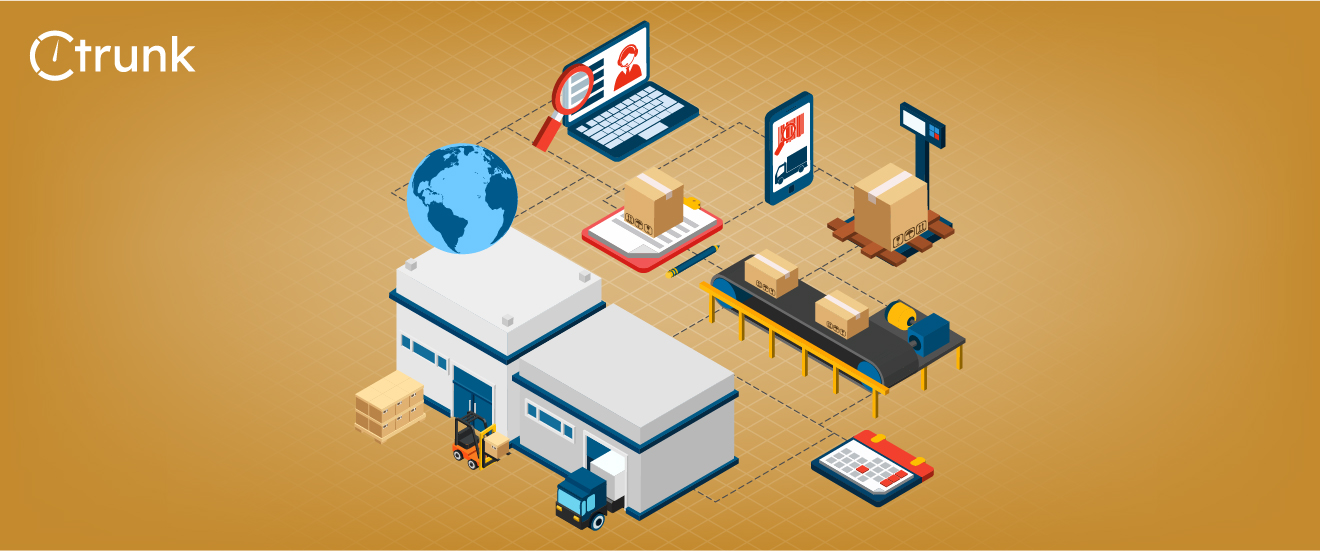Logistics Accounting: Best Practices To Follow

Transporting goods and products necessitates a crucial element in business operations, logistics. The process of logistics involves efficient planning, coordination, and execution. Back in the day, when technology was primitive, the logistics industry faced tremendous challenges. It used to rely heavily on manual labour and it used to be extremely exhausting and cost-ineffective. Tasks like order and inventory management, and shipment tracking, used to take a lot of time and effort from the people working in the industry.
The labour costs used to be high because businesses had to hire more labourers in order to accomplish a task. These tasks were prone to errors as they were carried out by humans. The inefficiency of labourers used to be the reason for delayed deliveries which resulted in customers being dissatisfied. Visibility and the ability to monitor the operations in the delivery lifecycle used to be close to none. So was the scalability.
Fast forward to the future i.e. today, tech and automation have massively changed the face of the logistics industry. It underwent significant changes with the adoption of technology and automation, revolutionizing the industry. This has drastically improved efficiency, lowered expenses, and enhanced customer satisfaction. In this article, we will examine how technology and automation power logistics and their influence on businesses and consumers.
Factories of various businesses are now equipped with automated warehousing, GPS tracking, drones and autonomous vehicles which have made human labour redundant to a large extent. This way, it is evident that the accuracy of the output will increase multifold. Automation is much less prone to errors compared to human labour. This results in increased efficiency, speed, and reduced labour costs.
Businesses can easily monitor and track their shipments in real time, thanks to technology and automation, resulting in improved visibility and transparency in logistics. This enables the prompt identification and resolution of any potential problems. With predictive analytics and forecasting, it is now easier to foreshadow a future problem well in advance. All these features of automation can also help in better and more personalized delivery.
With increased automation comes better inventory management. People do not have to enter thousands of entries into their spreadsheets anymore manually. This results in saving a lot of time and effort. Also, automation helps optimize the routes and planning for delivering schedules smartly which otherwise used to be laborious and time-intensive tasks. All these small but significant aspects reduce the costs drastically.
Integration of high-end technologies like Artificial Intelligence, Machine Learning, Blockchain, Metaverse, etc will help increase the efficiency and valuation of the logistics industry multifold. With all these in place, emphasis on sustainability will also become crucial.
Minimizing the negative impact of technology and automation on the environment will become paramount. Along with that, there will be increased growth in the e-Commerce industry due to the advancements in the logistics industry and vice versa.
In conclusion, we can safely bet that the logistics industry will only bloom further from this point onwards due to the advancements in technology and automation. The industry is more likely to become extremely personalized and customer-centric and both the customers as well as business owners will get benefited from this.